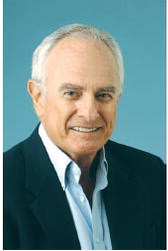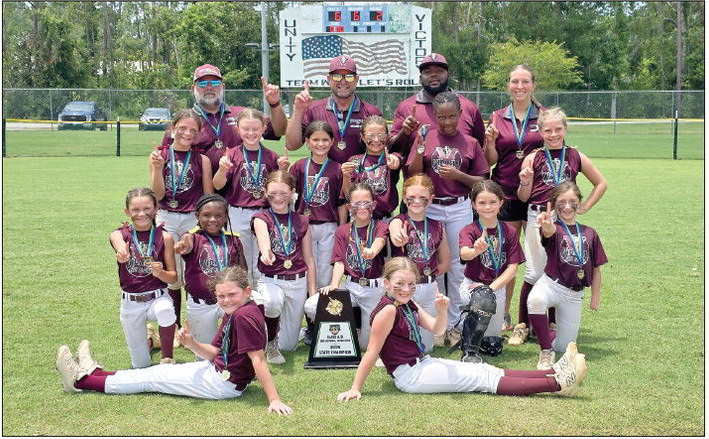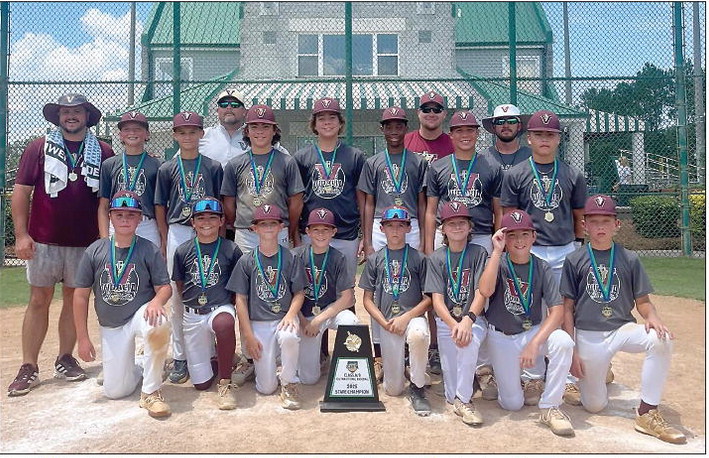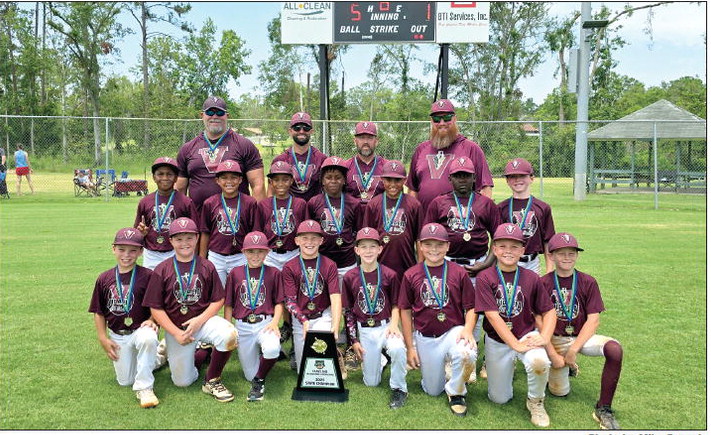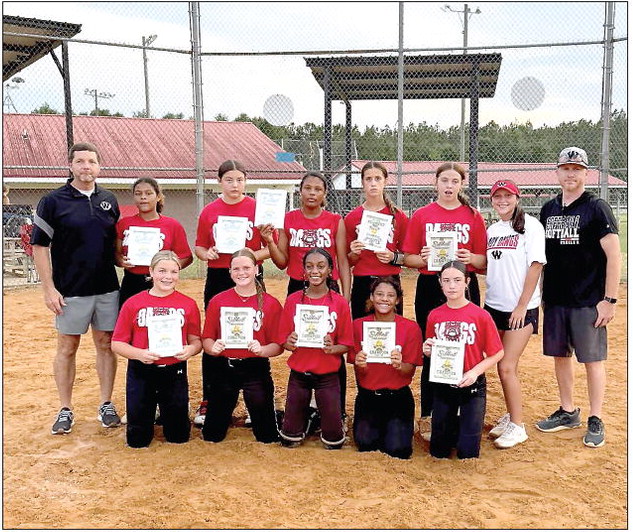Loran - Smith
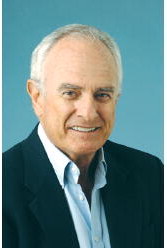

Loran
MADISON – Kim Braswell, the left footed placement practitioner for the Georgia Bulldogs in 1970-72—one of the last of the “toe” kickers— has written a book. It won’t make the best seller list, but it is an enlightening treatise about a young man who succeeded despite deafness and diabetes. Few athletes have persevered against the odds that he faced growing up without giving in to adversity.
His view of life, his goals and his mission all were connected with a commitment to positive thinking. Nonathletes would benefit from Kim’s dissertation on how the mind can be just as important, perhaps more so, than the physical. He has always been in step with Dr. Norman Vincent Peale’s, “Power of Positive Thinking.”
The title of Kim’s book could not be more appropriate for his well-chronicled biography. “Kicking Adversity Aside” is not about negatives or regrets although many with his challenges might well have given up along the way. Kim certainly had those opportunities.
However, there never was any selfdoubt. His story is about faith and perseverance. He became the ant who moved the rubber tree plant, the little train that thought it could. With every good turn, he was overwhelmed with humility and gratefulness. He was a competitor to the core, but arrogance never entered his sphere. Modesty and humility were constant companions.
In addition to football, Kim played baseball at UGA. In high school, he also played basketball. “More than once,” Kim recalls, “I stole the ball from my opponent and didn’t hear the referee’s whistle and dribbled the stolen ball the length of the court for a layup only to find out I had fouled him.”
With 20/20 vision, Kim could read lips almost a hundred yards away. His brother Gary was an excellent defensive player and was the best at lip reading. The coach at Avondale, Calvin Ramsey, realized Gary was a unique asset for the team—reading the lips of the opposing offensive coaches and then informing his teammates the offensive play being called.
“If you see offensive coaches on TV covering their mouths with their hands or play sheet, you know why,” Kim says. “It was an advantage reading the opponents’ lips while playing defense in football until they figured out and heard from other teams that you better turn your head away from the Braswell’s or they will read your lips.” Gary became proficient at lip reading, dating back to the sixties.
You could make a case that the art of lip reading in football began with Gary and Kim before television caused all those offensive coaches to cover their mouths when calling plays. “I think Gary deserves a spot in the lipreading hall of fame,” Kim says.
If you are a television sports junkie, can you imagine what it is like to watch great athletes perform and not be able to hear them being interviewed and hearwhattheyhavetosay. Kimwasa continued from page
fan of the great Cleveland Browns running back Jim Brown and Yankee sluggers, Mickey Mantle and Roger Maris in baseball. He watched Brown run over half the NFL defenses to score touchdowns. He saw Mantle and Marris slug countless home runs out of Yankee Stadium and other ball parks, but he never heard any of them talk.
There was more than deafness for him to contend with. Kim was also diabetic. When he began football at Avondale, the trainer put candy bars in the medicine kit for Kim when he needed a sugarboost. Acouple of insensitive teammates sneaked those bars for an unauthorized snack. This earned them the wrath of Coach Ramsey for which they paid dearly for their miscreant deed.
With parental encouragement and personal motivation, Kim (and his brothers) learned to excel in sport. With Kim, his father taught him the art of placekicking. He walked around the yard practicing kicking. He kicked everything in sight—bottles, cans, twigs. He kicked by aiming at something, not just kicking for the sake of kicking. That enabled him to achieve a degree of accuracy that became a hallmark.
He lettered three years for the Bulldogs, the highlight coming about when his field goal won the Florida game in 1972. With the score tied 7-7, Joe McPipkin recovered a Gator fumble at the Florida 30, late in the fourth quarter. Four plays later, Kim’s 37-yard field goal gave Georgia a 10-7 victory.
In the dog pile that ensued, Kim literally thought he might be crushed to death as the entire team swarmed on top of him. He survived just like he has throughout life.
Following graduation Kim entered the coaching profession, becoming a head coach at Harris County and then Henry County, teaching young kids the importance of succeeding in competition, but also about scholarship and citizenship; the power of positive thinking and always looking on the bright side of life. At Harris County, he took over a program that had never won a game. They were 0-30 but broke even Kim’s first season. In the second season, they were 6-4, and Kim became a hero to the populace.
When he moved on to Henry County, he found it similar to what it was in Harris County. The football record was 1-29 when he arrived in McDonough, but by the second season, Kim had everybody smiling when his team won six games to bring the community out of the doldrums with the first winning season in years.
He would eventually win a region championship and was again the talk of the town. The citizens, school officials, and the kids all loved their coach.
Today, Kim is retired in Madison where he is close to his children and grandchildren. Close, too, to the hedges of Sanford Stadium in Athens where is finds himself as often as possible.
“I am a very fortunate man,” he says. The University of Georgia is fortunate that he came the Bulldogs’ way.



